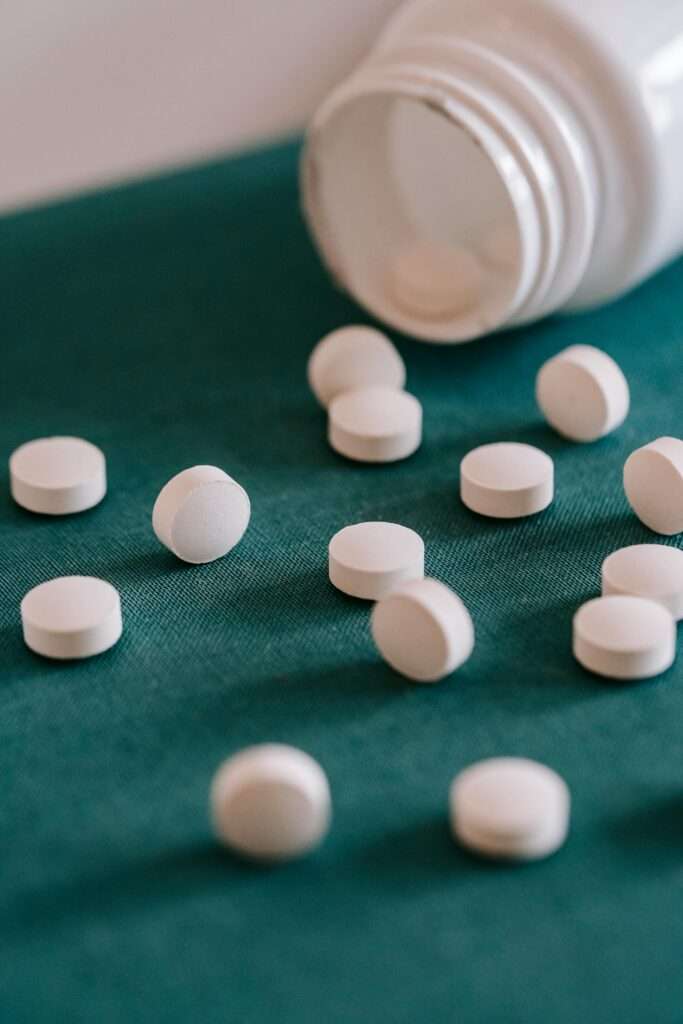Contact
Get In Touch

Author
Abdul Azeem
LLB (Hons) LLM
Drug Laws in Pakistan
In Pakistan, the Drug Act was created in 1976 and amended in 2005. The Drug Act regulates the manufacture, import, export, sale, transport, distribution, and storage of drugs. The main objectives of the Drug Act are to prevent the manufacture, sale, and use of drugs that are harmful to health and to ensure that only safe and effective drugs are available for use by the public.
The Drug Act requires all manufacturers and importers of drugs to be registered with the Pakistan Drug Authority. Manufacturers must also obtain a license from the drug authority before they can manufacture or import any drugs. All drugs must be tested for safety and efficacy before they can be sold or distributed in Pakistan.
The Drug Act also establishes a national drug control board which is responsible for enforcing the provisions of the act.

What Is the Drug Act?
Pakistan passed a new drug law, making it a criminal offense to use, possess, manufacture, or sell drugs. The punishment for violation of the law is up to 10 years in prison and a fine of up to 1 million rupees.
The new drug law is part of Pakistan’s efforts to crack down on illegal drugs. Drug use is a major problem in Pakistan, and the government has been working to address it. The new law is intended to deter people from using drugs and to make it easier for the government to prosecute drug dealers.
The new law has been criticized by some who say that it will not be effective in reducing drug use or curbing the illegal drug trade. They argue that the punishments are too harsh and that the law will only drive drug users and dealers underground.
The Current State of Drug Act in Pakistan
The Narcotics Control Act of 1997 is the principal drug law of Pakistan. The Act prohibits the cultivation, production, manufacture, sale, purchase, transport, storage, and use of any narcotic drug or psychotropic substance except for medical and scientific purposes. The Act also provides for the treatment and rehabilitation of drug addicts.
Pakistan is a signatory to the United Nations Convention on Psychotropic Substances, 1971, and the United Nations Convention against Illicit Traffic in Narcotic Drugs and Psychotropic Substances, 1988. In addition, Pakistan is a party to the South Asian Association for Regional Cooperation (SAARC) Convention on Narcotic Drugs and Psychotropic Substances, 1987.
The Narcotics Control Act of 1997 was amended in 2006 to bring it into compliance with the above-mentioned international conventions.
Where Are We Headed?
The National Assembly of Pakistan recently passed the Drug Regulatory Authority of Pakistan Act, 2019. The act will establish the Drug Regulatory Authority of Pakistan (DRA) to regulate the country’s pharmaceutical market and ensure the quality, safety, and efficacy of drugs.
The DRA will be responsible for the registration and licensing of drug manufacturing establishments, import/export of drugs, clinical trials, and advertising. It will also monitor the sale and distribution of drugs, and take action against adulterated or substandard products.
The establishment of the DRA is a positive step towards ensuring access to safe and effective medicines in Pakistan. However, it remains to be seen how effectively the authority will be able to carry out its mandate in a country where the illegal drug trade is rampant.
The Pros of the Drug Act
The Drug Act established the Pakistan Pharmaceutical Regulatory Authority (PPRA) to oversee the implementation of the Act. The PPRA is responsible for the registration of drug companies and manufacturing facilities, licensing of pharmacies and wholesale outlets, and quality control of drugs.
The Pakistan Drug Act has been successful in reducing the availability of counterfeit and substandard drugs in the country. The Act has also helped to improve the quality of drugs available in Pakistan. The PPRA has registered over 3,000 drug companies and manufacturing facilities and has licensed more than 5,000 pharmacies and wholesale outlets. In addition, the PPRA has conducted over 1,000 inspections of drug manufacturing facilities and has seized and destroyed more than 500 tons of counterfeit and substandard drugs.
The Drug Act has helped to improve the quality of drugs available in Pakistan. It has also helped to ensure that patients receive safe and effective treatments. The act has contributed to the development of new and innovative medicines, which have made a positive impact on the health of Pakistani citizens.
The Cons of Drug Act
First, the act has not been effective in reducing drug use or trafficking in Pakistan. Drug use has increased since the act was enacted. Second, the Drug Act has hurt society. It has led to an increase in corruption and police brutality. Third, the Drug Act has hurt the economy. It has increased black market activity and a decrease in foreign investment.
Suggestions for Improving the Drug Act in Pakistan
The Pakistani government has come under fire in recent years for its handling of the country’s drug problem. In particular, critics have accused the government of not doing enough to prevent drug trafficking and illegal drug use.
One suggestion is to increase the penalties for drug trafficking. The current maximum penalty is life imprisonment, but this is not enough to deter traffickers. Increasing the maximum penalty to death would be a more effective deterrent.
Another suggestion is to create a separate offense for the possession of drugs for personal use. Currently, possession of any amount of drugs is punishable by up to 10 years in prison. This punishes people who are using drugs recreationally and does nothing to address the root causes of drug addiction. Creating a separate offense for possession of drugs for personal use would allow law enforcement to focus on catching drug dealers and traffickers, while those who are struggling with addiction can get the help they need.
There are several steps that the Pakistani government could take to improve the Drug Act. It could increase funding for drug education and treatment programs. It could also improve coordination between different government agencies involved in the enforcement of the Drug Act.
By taking these steps, the Pakistani government would send a strong message that it is serious about tackling the country’s drug problem. This would help to reduce the number of illegal drugs in circulation, and ultimately make Pakistan a safer and healthier place.
We Help You Solve Your Legal Issues
At 24Justice, we believe that everyone deserves access to justice, and we are committed to making that belief a reality. Choose 24Justice, and take the first step towards navigating your legal journey with confidence and ease.
